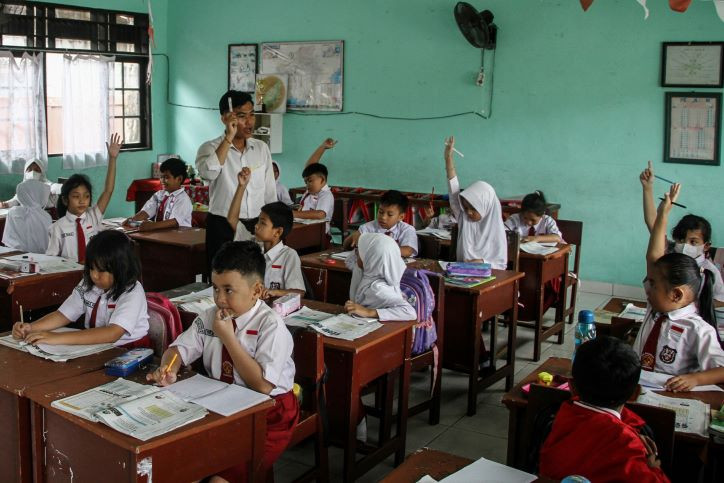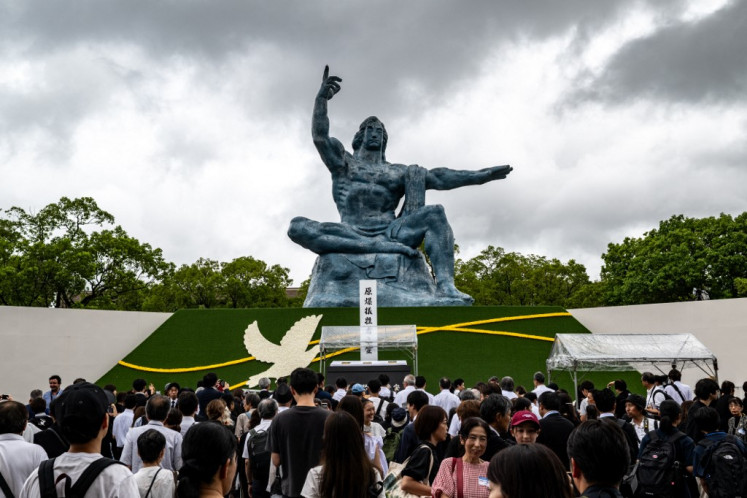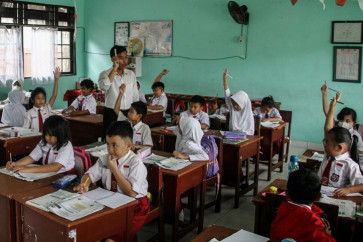Popular Reads
Top Results
Can't find what you're looking for?
View all search resultsPopular Reads
Top Results
Can't find what you're looking for?
View all search resultsWhy we need to rethink our government technology development process
L.ow user satisfaction with government technology products and services stems from the lack of product relevancy.
Change text size
Gift Premium Articles
to Anyone
T
he need for effective government technology products in Indonesia cannot be overstated, particularly as the nation's existing plethora of digital solutions has yet to deliver the demanded effectiveness.
Despite the mass development of applications for various government services, the United Nations e-Government Survey in 2022 still ranked Indonesia 77th out of 193 countries – largely due to the low online service index. Additionally, in the same year, research published in the International Journal of e-Business and e-Government Studies revealed that Indonesian citizens were generally dissatisfied with the overall quality of existing e-government services.
These findings largely align with the Administrative and Bureaucratic Reform Minister Abdullah Azwar Anas’ observation that the 27,000 government applications have not been able to deliver efficient public services. These applications were created without considering the integration of relevant government organizational units into a cohesive ecosystem.
Hence, it is pivotal to reflect on and rethink the development of government technology products to address such issues rather than simply creating more of the same.
Reflecting on the past four years of our experience working with the government, especially the Education, Culture, Research and Technology Ministry, we have observed that low user satisfaction with government technology products and services stems from the lack of product relevancy. A half-baked digital solution that fails to alleviate users’ pain points will only leave them dissatisfied.
Having said so, we realize that rather than just focusing on “How to create a feature or an application for a government service” as a mere solution, the most pressing question should be “What digital solutions do our users need based on existing habits and operational processes?”
In formulating an answer to such a question, an essential element that needs to be transformed within the education ministry and its government stakeholders at all echelon levels across directorates is the technology development ways of working and cultural shift with the ministry.



















